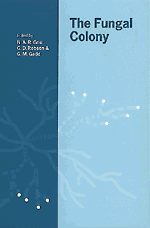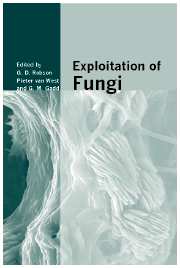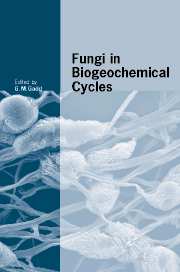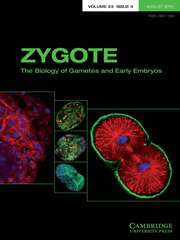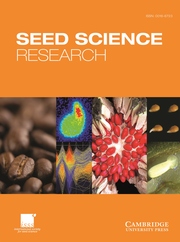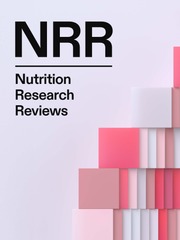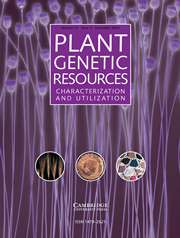The Fungal Colony
Fungi are among the simplest of eukaryotes. Their study has provided useful paradigms for processes that are fundamental to the way in which higher cells grow, divide, establish form and shape, and communicate with one another. The majority of work has been carried out on the budding yeast Saccharomyces cerevisiae, but in nature unicellular fungi are greatly outnumbered by filamentous forms for which our knowledge is much less well developed. This volume focuses on the analysis of the filamentous life style, particularly on the hyphae that constitute the fungal mycelial colony. This book provides the most recent insights into the molecular genetics and physiological mechanisms underlying the elaboration of the branching mycelium and the interactions among individual fungal mycelia. This volume offers much to interest mycologists as well as those working in the fields of cell biology, developmental biology, physiology, and biochemistry.
- Authoritative contributions by leading researchers
- Timely account of a rapidly advancing field
- Unique assimilation of perspectives
Product details
February 2011Adobe eBook Reader
9780511839528
0 pages
0kg
66 b/w illus. 16 tables
This ISBN is for an eBook version which is distributed on our behalf by a third party.
Table of Contents
- List of contributors
- Preface
- 1. Self-integration - an emerging concept from the fungal mycelium A. D. M. Rayner, Z. R. Watkins and J. R. Beeching
- 2. Nutrient translocation and electrical signalling in mycelia S. Olsson
- 3. Colony development in nutritionally heterogeneous environments K. Ritz and J. W. Crawford
- 4. Circadian rhythms in filamentous fungi M. Ramsdale
- 5. Growth, branching and enzyme production by filamentous fungi in submerged culture A. P. J. Trinci, S. Bocking, R. J. Swift, J. M. Withers, G. D. Robson and M. G. Wiebe
- 6. Metabolism and hyphal differentiation in large basidiomycete colonies S. Watkinson
- 7. Role of phosphoinositides and inositol phosphates in the regulation of mycelial branching G. D. Robson
- 8. Stress responses of fungal colonies towards toxic metals L. M. Ramsay, J. A. Sayer and G. M. Gadd
- 9. Cellularization in Aspergillus nidulans J. E. Hamer, J. A. Morrell, L. Hamer, T. Wolkow and M. Momany
- 10. Genetic control of polarized growth and branching in filamentous fungi G. Turner and S. D. Harris
- 11. Mating and sexual interactions in fungal mycelia G. W. Gooday
- 12. Genetic stability in fungal mycelia M. L. Smith
- 13. Nuclear distribution and gene expression in the secondary mycelium of Schizophyllum commune J. G. H. Wessels, T. A. Schuurs, H. J. P. Dalstra and J. M. J. Scheer
- Index.

